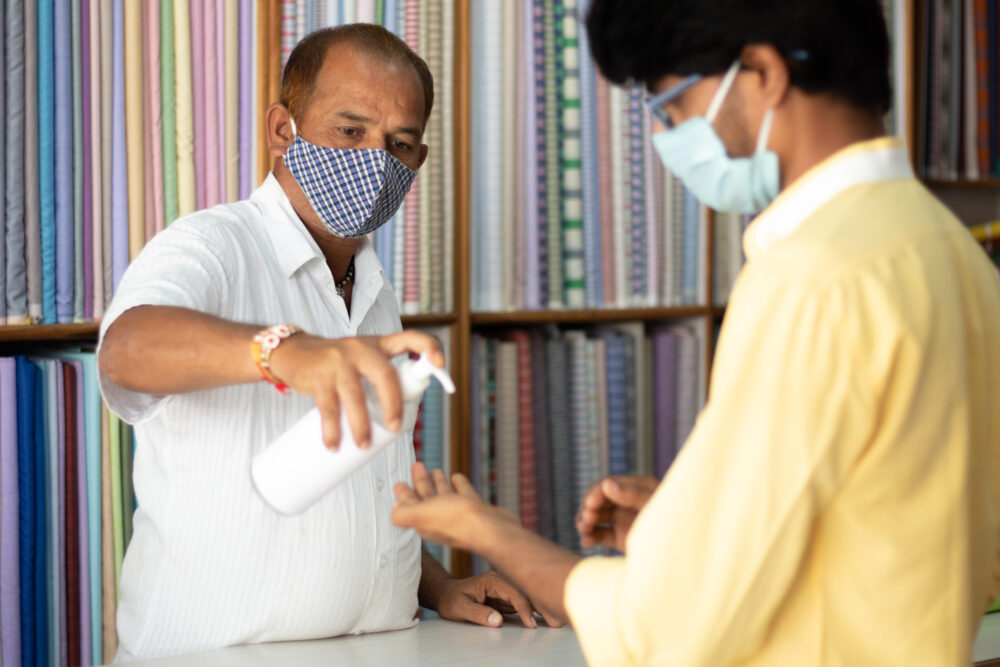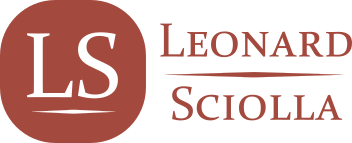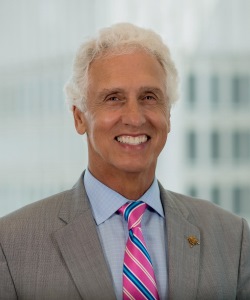Our Offices: Philadelphia, PA Moorestown, NJ

New Jersey instituted new Covid-19 requirements for businesses and the State over the past week in order in order to stem the fall surge in Coronavirus cases. On Wednesday, October 28, 2020, Governor Phil Murphy signed Executive Order 192 Protect New Jersey’s Workforce During the COVID-19 Pandemic (the “Executive Order”), and the New Jersey State Police Office of Emergency Management issued Administrative Order 2020-22 (the “Administrative Order”) over the weekend. The Executive Order sets new requirements for all businesses in New Jersey. The Administrative Order is more surgical changing rules for athletic competitions, indoor malls, self-serve food items, and private tutoring.
The Executive Order effects all businesses, non-profits, and educational entities as employers. Starting on Thursday morning, employers, at their expense, in New Jersey will need to:
- Ensure individuals maintain six feet distance to the maximum extent possible,
- Require anyone entering their business to wear a cloth or disposable face mask,
- Provide sanitizing material,
- Ensure employees are practicing regular hygiene especially when they are interacting with the public,
- Clean high touch areas frequently,
- Conduct health screenings for the employees before every shift,
- Notify employees of possible exposures, and
- Clean and disinfect the workplace as advised by the CDC.
Most of the changes have caveats and exceptions. The six feet requirement is limited on its face “to the maximum extent possible.” However, when six feet of separation is impossible employers must take other steps. They must ensure that employees have their masks on and install physical barriers between workstations.
Employers must also require anyone enters the business to wear a mask. Employers must make masks available to the employees and individuals who enter the business, so business should purchase disposable masks in case individuals forget or lose their mask on their way to the business. If an employee or visitor refuses to wear a mask, the employer can refuse that individual entry into the business. The order also requires employers to make reasonable accommodations for employees who cannot wear a mask because of a disability. The easiest way would be to accommodate someone would be to permit remote work or station them far enough from other co-workers.
Employers also need to purchase sanitizer to ensure it is available and ensure the workplace is clean routinely in accordance with Department of Health and CDC guidelines. They should have hand sanitizer and sanitizing wipes that have at least 60% alcohol or are approved by the EPA for the Covid-19 virus. Again, these must be made available to employees and visitors at the employer’s expense. Employers are also required to make certain their employees are regularly washing their hands. Employers can provide hygiene breaks for hand washing and gloves for their employees. If an employer requires that employee wears gloves, the employer must provide those gloves.
Finally, employers must conduct daily health checks of their employees. The Executive Order provides guidance on what employers can do as part of their daily screening. These suggestions include temperature screenings, visual screening, self-assessment, and questionnaires. If an employee has symptoms of Covid-19, they must be immediately sent home and the other employees should be notified of possible exposure. Employers will be put in a difficult position because they will be required to keep these screening confidential while also informing other employees of a known exposure.
For employees, the Executive Order directs the Department of Labor and Workforce Development to create a mechanism that allows employees to file complaints against their employer if their employer is not following the new requirements. Employers who are not following the new guidelines may lose licenses or be subject to other regulatory consequences. The Executive Order is not clear on any specific consequences, but the Department of Labor must coordinate with relevant licensing and regulating agencies or refer the complaints to those agencies suggesting that business will face some consequences if they do not comply with the Executive Order.
The Executive Order became effective at 6 AM on November 5, 2020. Employers need to be following these restrictions at this point.
The Administrative Order affects specific businesses and industries and became effective on October 31, 2020, when it was executed. It effects professional and college athletics, indoor malls, self-service food and drink, and tutoring.
Although college and professional sports have returned in New Jersey, fans have not. There is currently a 250-person limit on outdoor gatherings that are not religious or political in nature. This limit applies to sporting events as well. There is also a 25% capacity limit on indoor events with a total limit of 150 people. Rutgers had been allowing family members in the stands while the Jets and Giants had no fans. Those teams, and others, may reconsider that after the new Administrative Order.
The Administrative Order removes “Athletes, coaches, referees, trainers, and other individuals necessary to the performance of a competitive sporting event” from the 250- or 150-person limit. It also allows restaurants inside the venue to operate in the same manner and under the same limitations as other restaurants in New Jersey. If a venue chooses to open to spectators, those fans will be required to wear masks.
The Administrative Order makes two changes to how indoor malls can operate. Vending machines are now permitted to operate again provided they are cleaned and sanitized per CDC guidelines. Stroller rentals can be made available to patrons. Valet parking and communal play areas in mall are still to remain closed.
Finally, the Administrative Order makes one closure and allows two re-openings. Buffets, salad bars, and other self-service food stations are prohibited. However, soda and self-service drinks as well as private tutoring facilities can reopen to students and clients.
The Covid-19 pandemic has required all of us to be flexible, employers especially so. Although Governor Wolf and Murphy have both indicated they are reluctant to bring back stay at home orders and business closures, both Pennsylvania and New Jersey governments have indicated that other restrictions are likely necessary to manage the fall and expected winter surge in cases and hospitalizations. If you have questions about what you or your business needs to do, the feel free to contact the business attorneys at Leonard, Sciolla, Leonard & Tinari at (215) 567-1530 (PA) or (856) 273-6679 (NJ).












